Van life with an eco edge – this mobile wooden cabin is designed for getting away from it all
The Cocoon-Freelancer is Attia Design’s alternative to the van life aesthetic, a plastic- and chemical-free timber structure that makes a virtue of simplicity
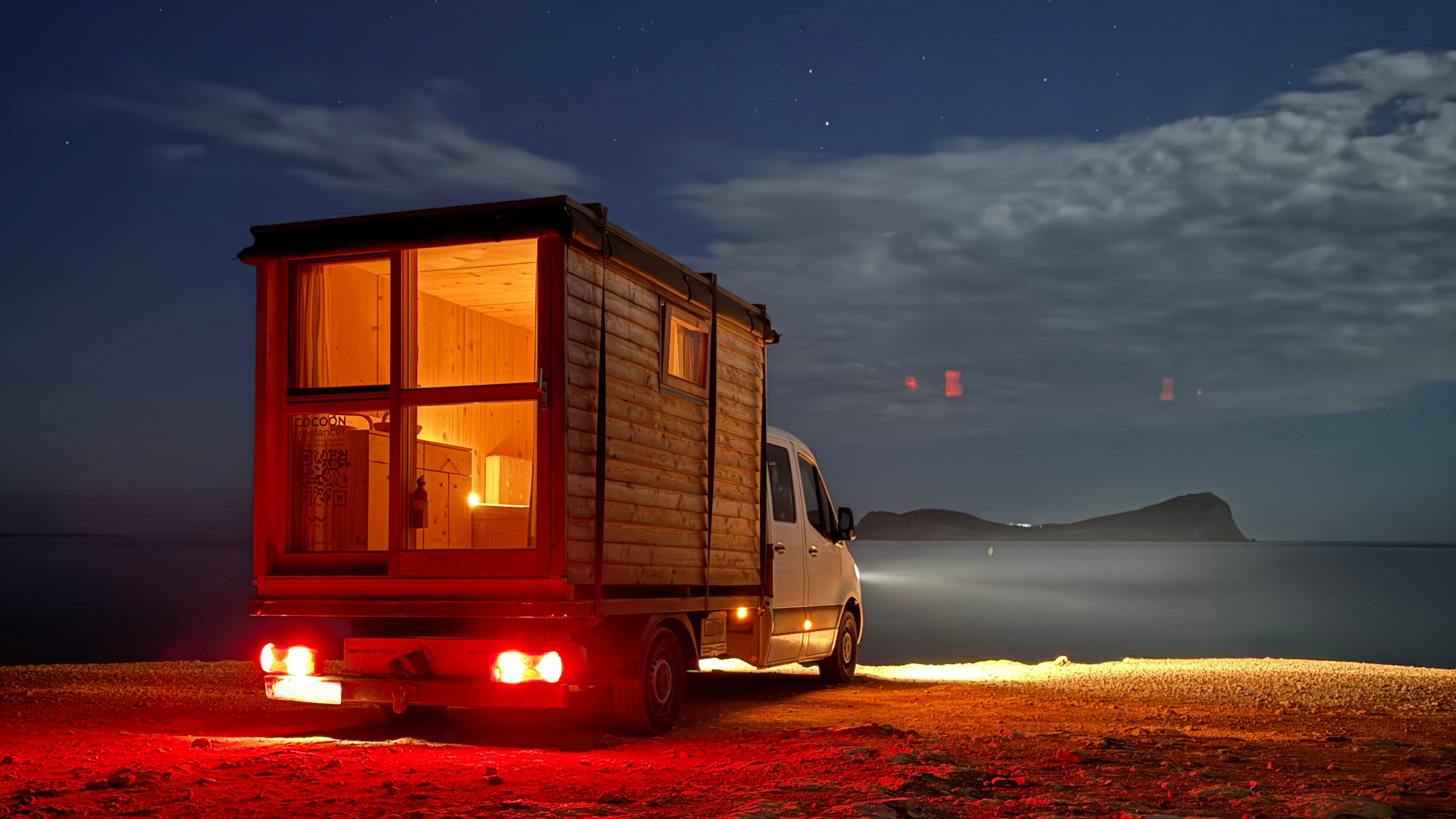
This is the Cocoon-Freelancer, Attia Design’s attempt at building a chemical-free alternative to conventional camper van and mobile office solutions. Intended for ‘modern professionals and adventurers’, this cubic construction weighs in at around 1,200kg and is built without glue, chemicals or plastics. Sized so it can slot on the back of a standard medium-duty van, such as a Mercedes Sprinter or VW Crafter, it offers a different type of mobile home.
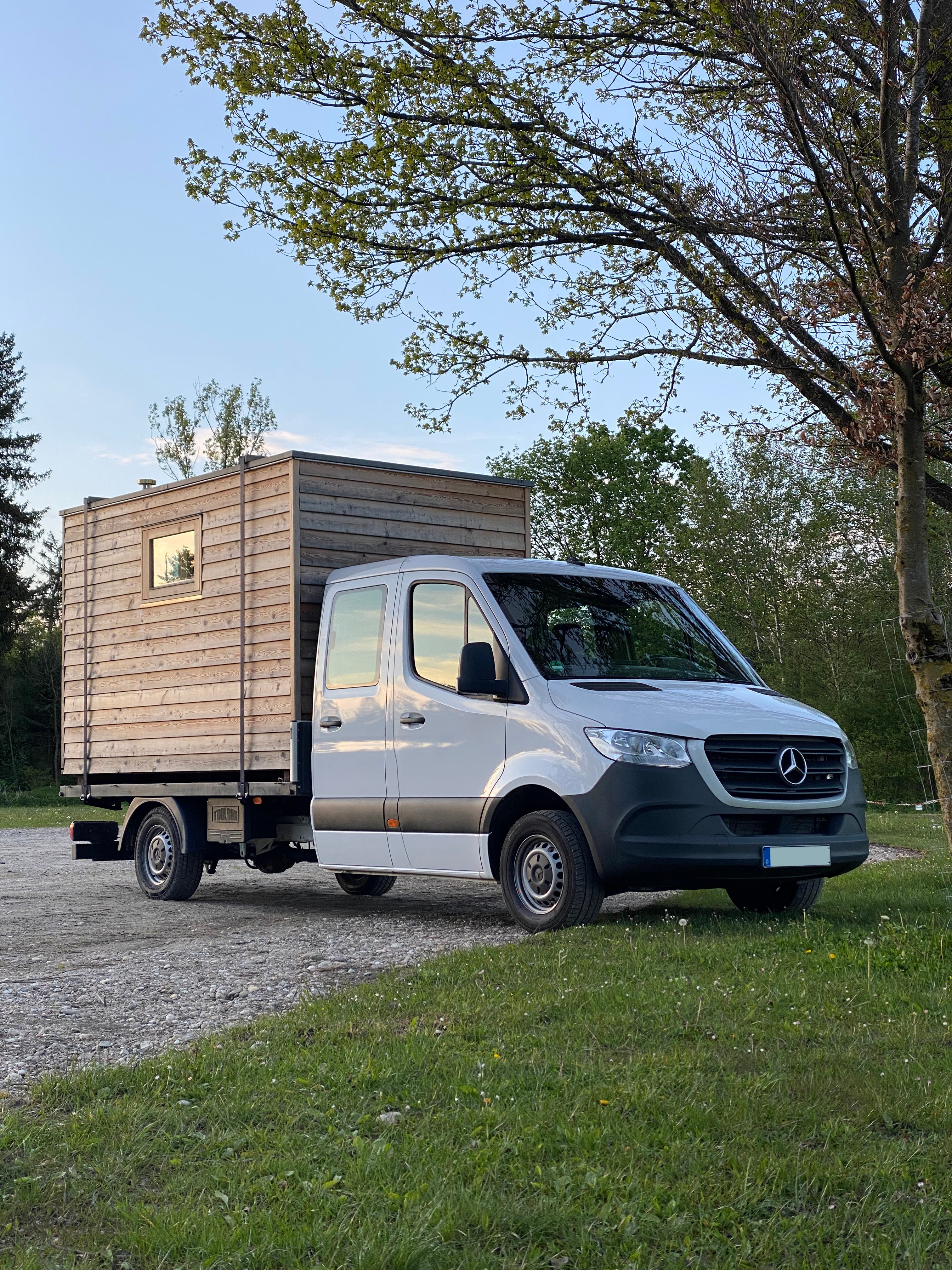
The unit is designed to fit on the back of a standard van
Attia Design was set up by Munich-based Spanish industrial designer Maruan Attia. To create the Cocoon-Freelancer, Attia teamed up with German company Schreinerei Weidlich, a specialist manufacturer capable of building sufficiently strong, stable and lightweight wooden walls for a truly mobile structure. Together, they undertook three years of development, with a prototype that travelled 9,000km across Europe’s varied climates.
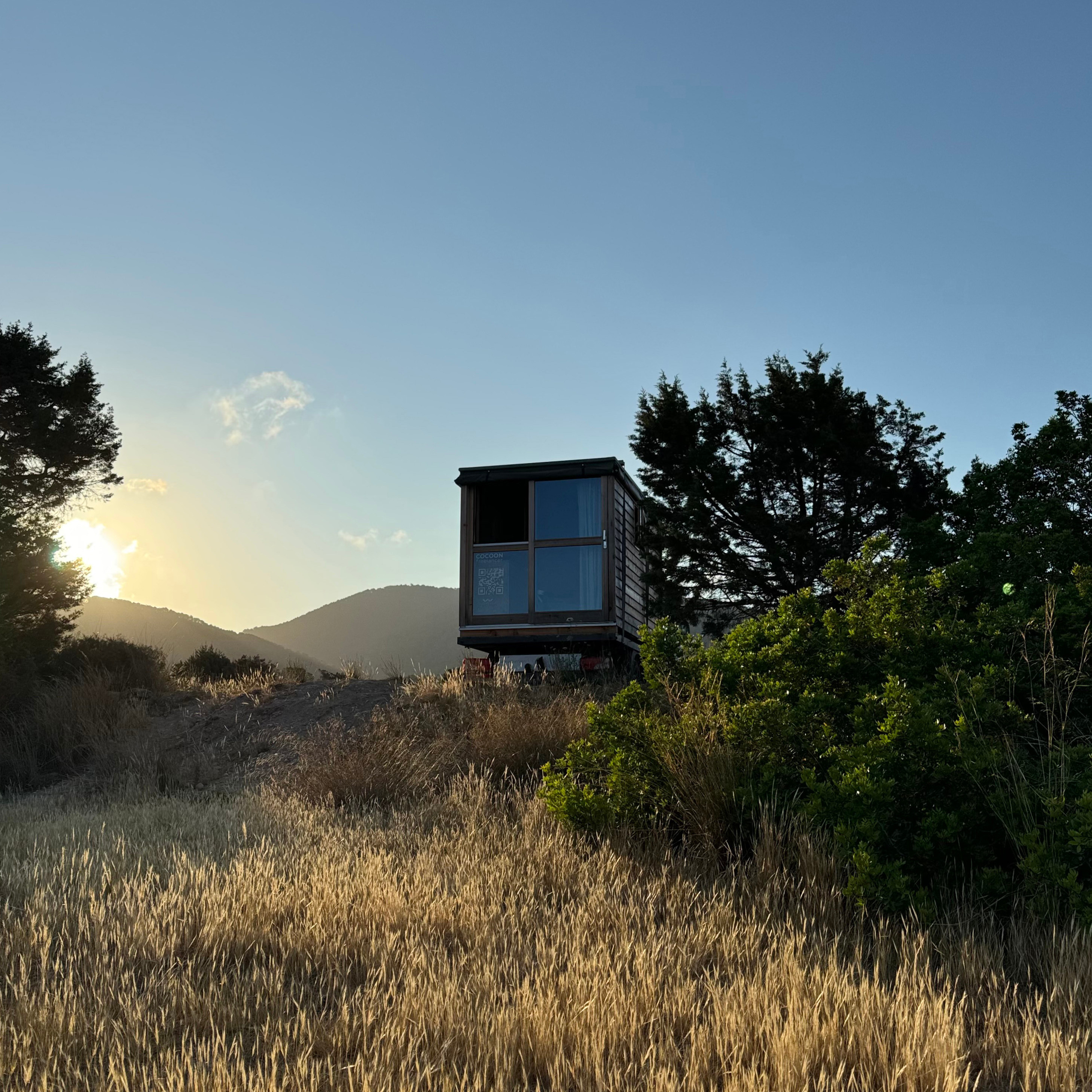
The Cocoon-Freelancer is intended as a mobile retreat
Made entirely from Swiss pine, the structure was inspired by Alpine architecture and Japanese wooden construction. Attia claims that the chemical-free nature of the timber is due to it being harvested during the waning moon in winter, ‘when the sap flow is at rest and sugar content is lower, [which] ensures optimal durability and resistance to insects, mould, and deformation’. As a result, there’s no need for additional chemical preservation.
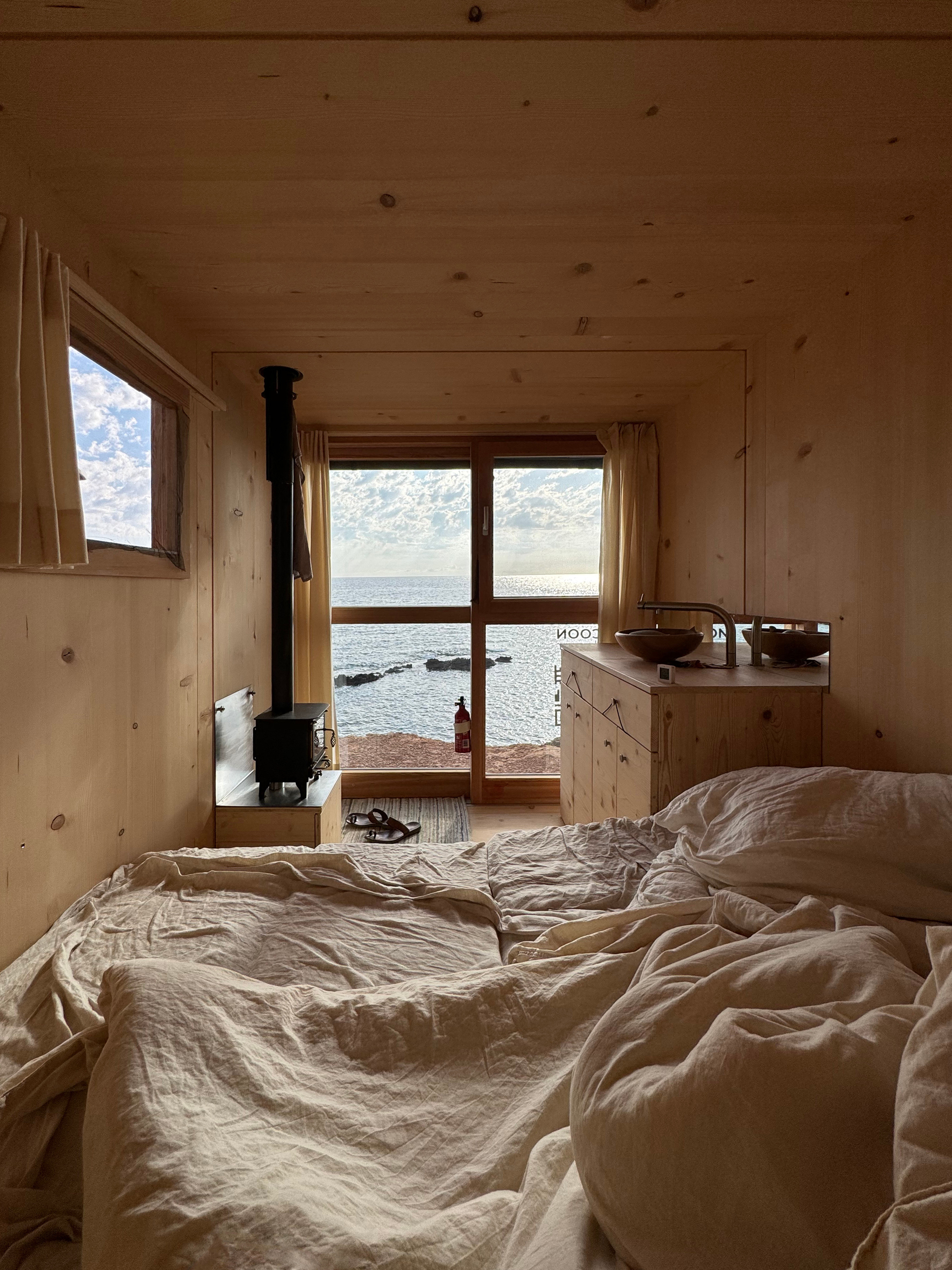
The interior features a bed, wood burning stove and kitchen
To create the ultimate mobile sanctuary for roaming freelancers and van lifers seeking something different from a converted panel van, the interior is a cabin-lover’s delight, with panelled walls, a seating area that transforms into a bed, as well as a gas-powered kitchen and even a Swiss-made Tiny Stove. In keeping with the sustainable ethos, the water system uses stainless steel pipes, not plastic, and there’s plenty of storage built in under the banquettes.
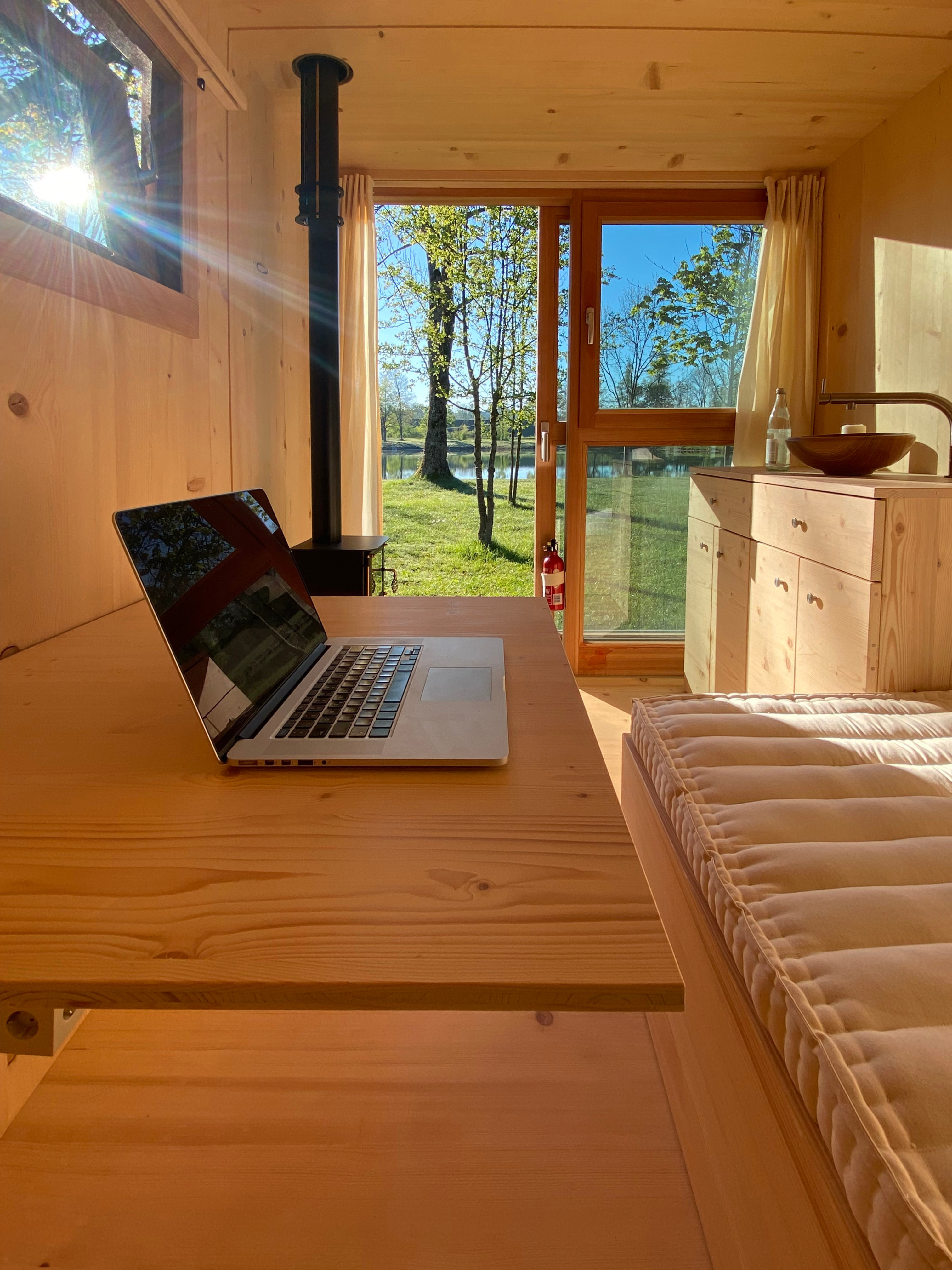
The bed converts into a banquette and work station
The wood structure is intended to age naturally, with clever joinery that avoids end grains and external screws or fixings, keeping the surface pristine and less prone to water damage or deformation. On the roof there’s an array of solar panels to help keep you off the grid.
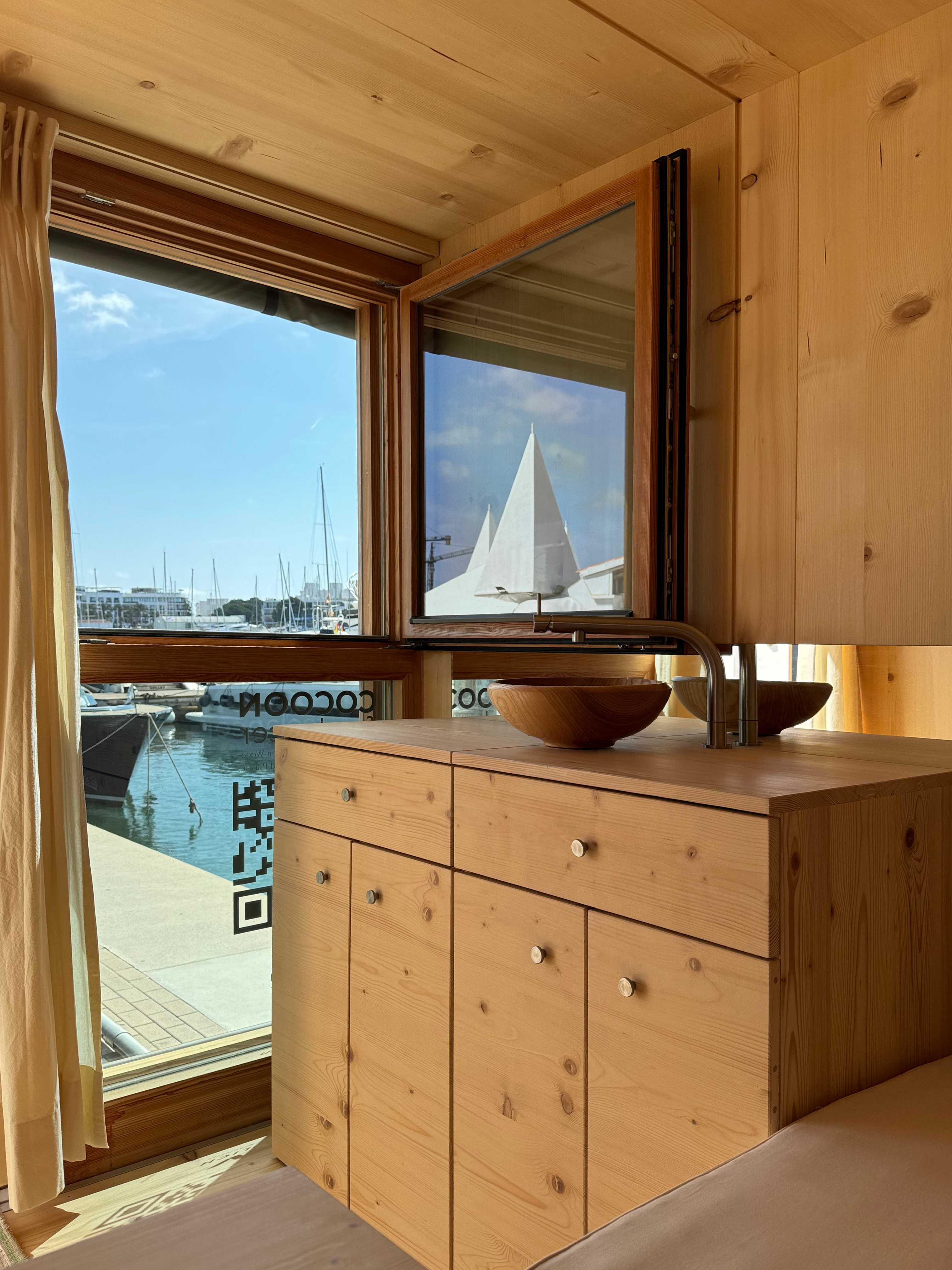
All fixtures and fittings are made from precise joinery
Attia’s other projects include an e-bike charging station. ‘Design is more than creating objects; it’s about solving problems, experiences, inspiring change, and leaving a positive impact,’ he says. ‘My mission is to craft meaningful solutions that reflect our shared values and build a better future, beyond the common standards.’
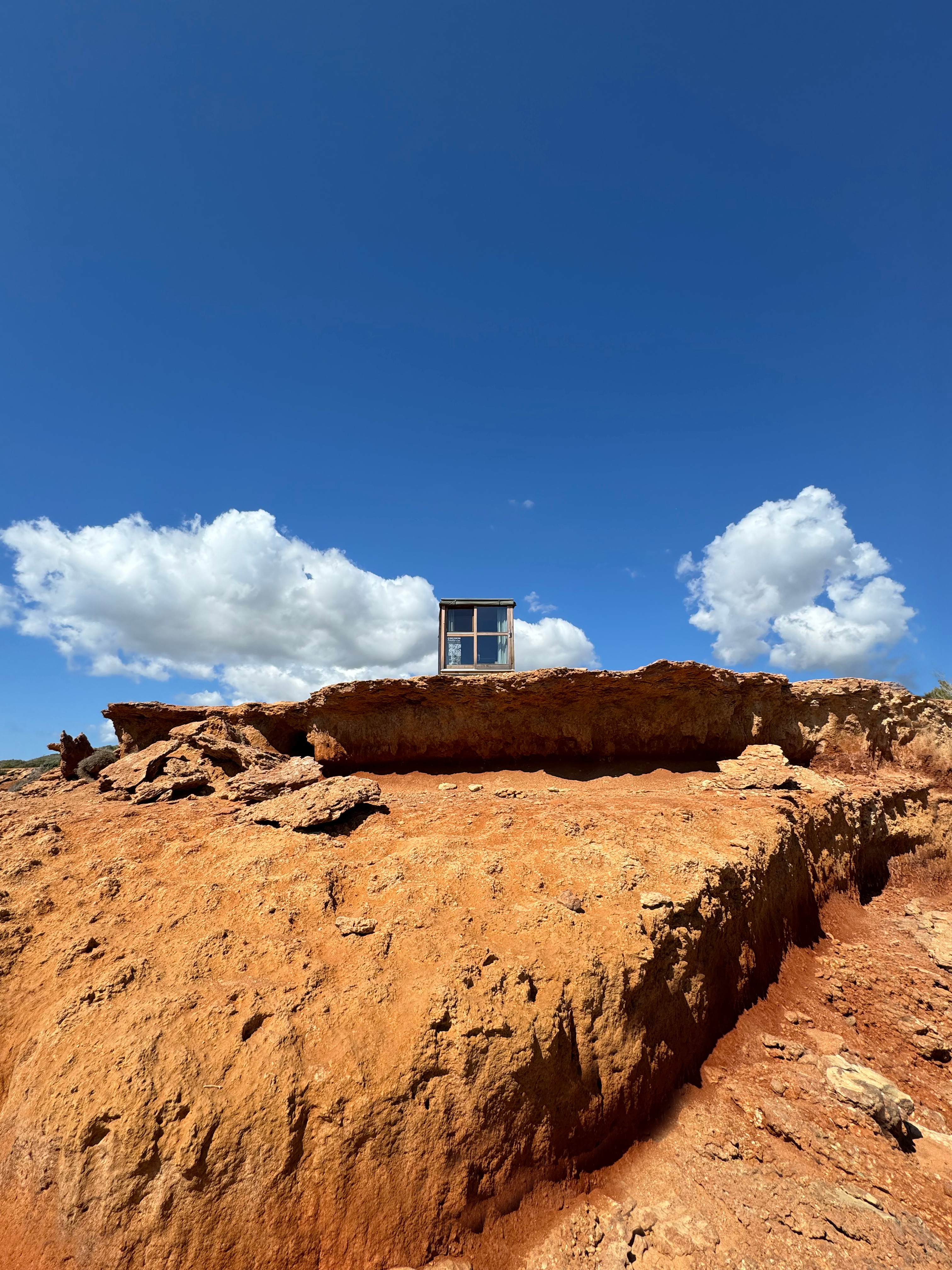
The Cocoon-Freelancer from Attia Design
Cocoon-Freelancer, more details at AttiaDesign.com and Weidlich-Schreinerei.de
Wallpaper* Newsletter
Receive our daily digest of inspiration, escapism and design stories from around the world direct to your inbox.
Jonathan Bell has written for Wallpaper* magazine since 1999, covering everything from architecture and transport design to books, tech and graphic design. He is now the magazine’s Transport and Technology Editor. Jonathan has written and edited 15 books, including Concept Car Design, 21st Century House, and The New Modern House. He is also the host of Wallpaper’s first podcast.
-
 All-In is the Paris-based label making full-force fashion for main character dressing
All-In is the Paris-based label making full-force fashion for main character dressingPart of our monthly Uprising series, Wallpaper* meets Benjamin Barron and Bror August Vestbø of All-In, the LVMH Prize-nominated label which bases its collections on a riotous cast of characters – real and imagined
By Orla Brennan
-
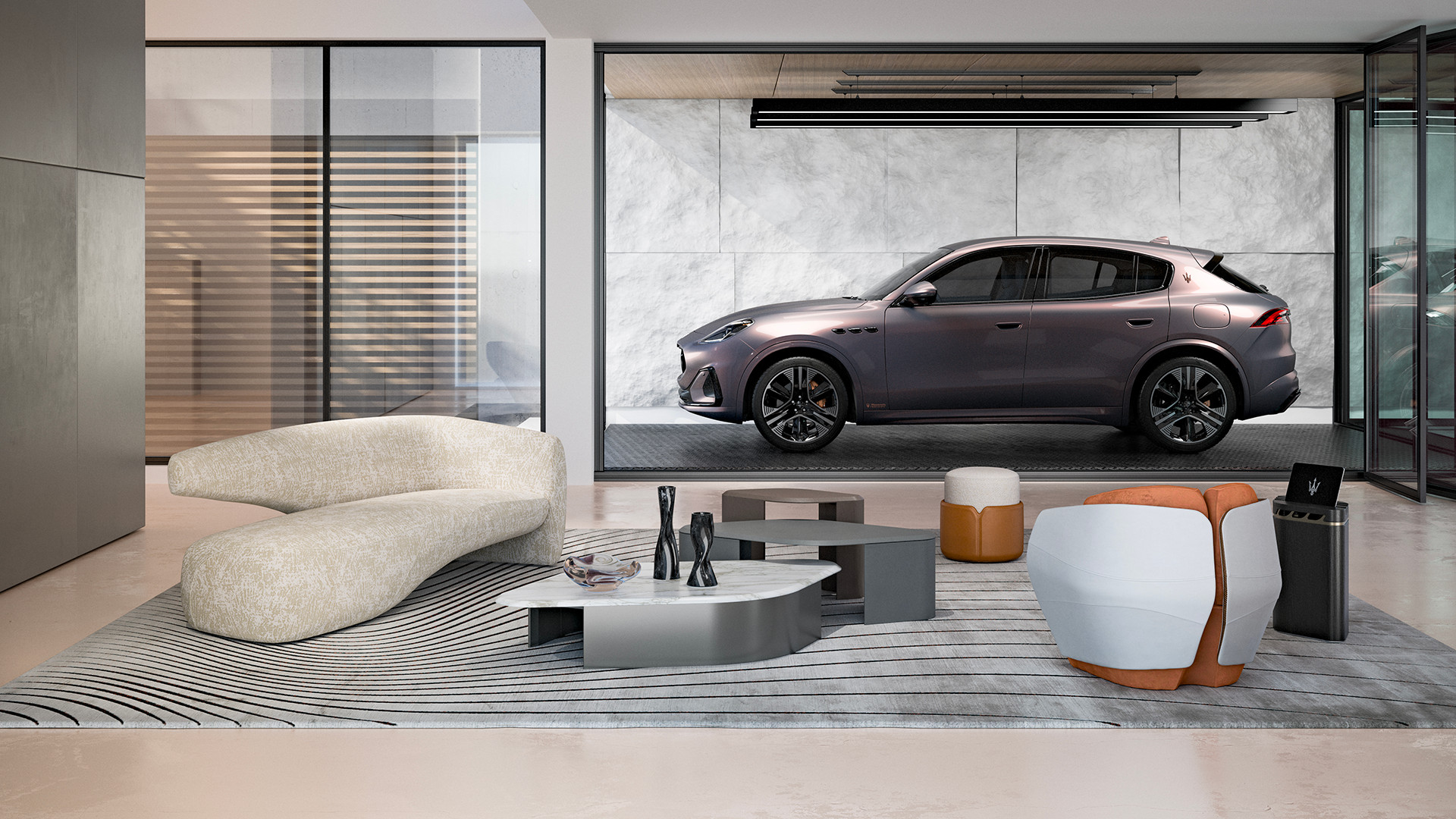 Maserati joins forces with Giorgetti for a turbo-charged relationship
Maserati joins forces with Giorgetti for a turbo-charged relationshipAnnouncing their marriage during Milan Design Week, the brands unveiled a collection, a car and a long term commitment
By Hugo Macdonald
-
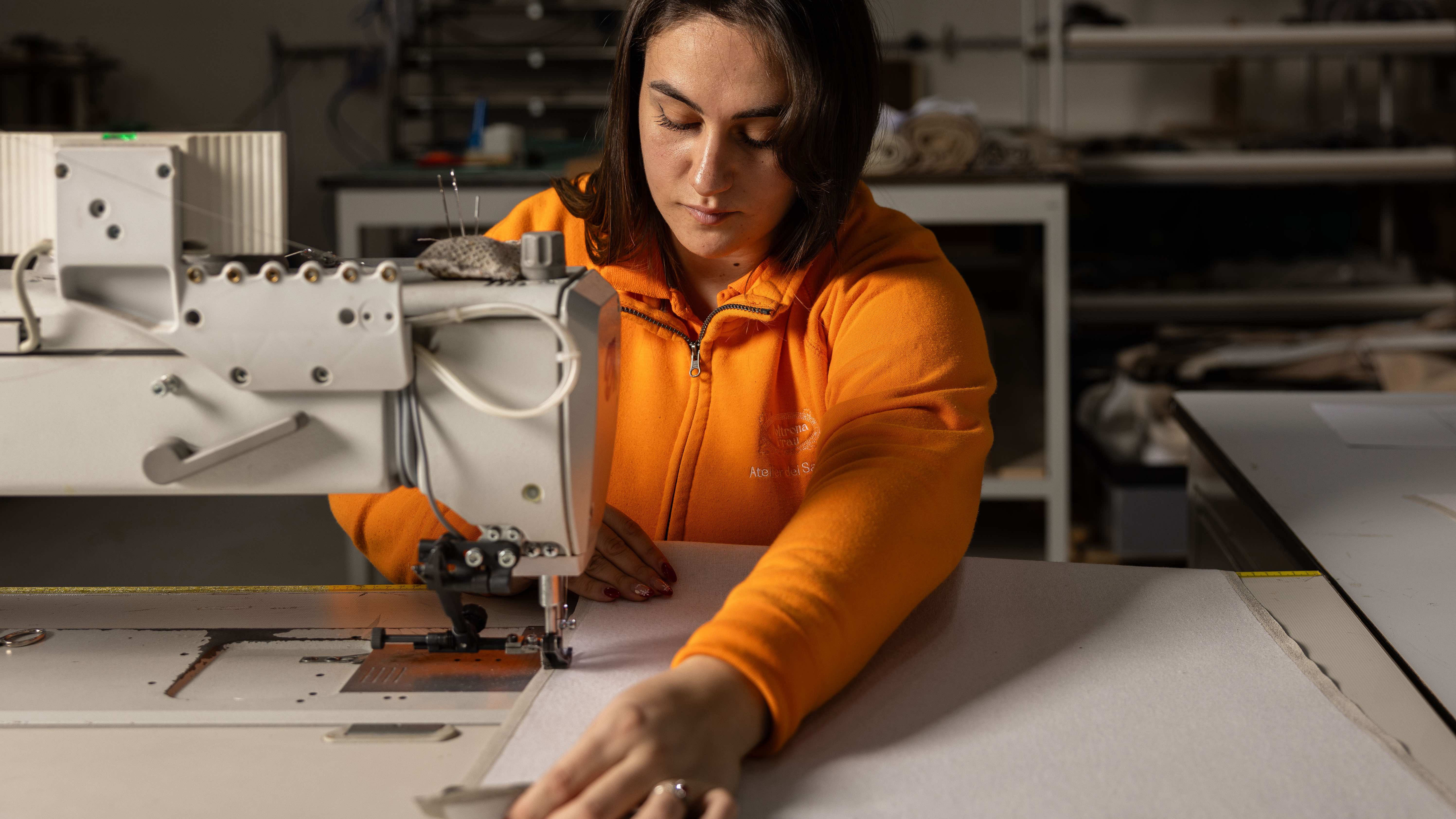 Through an innovative new training program, Poltrona Frau aims to safeguard Italian craft
Through an innovative new training program, Poltrona Frau aims to safeguard Italian craftThe heritage furniture manufacturer is training a new generation of leather artisans
By Cristina Kiran Piotti